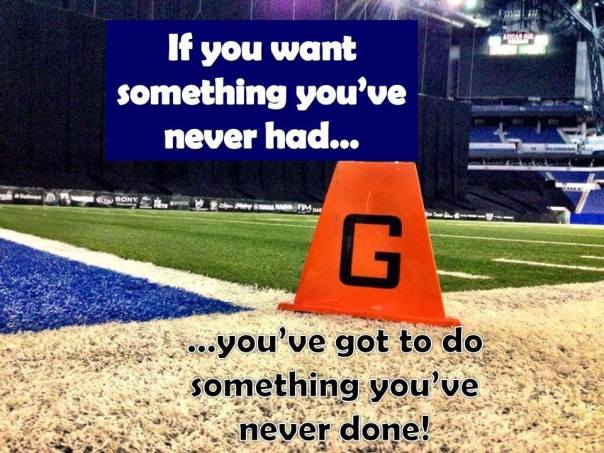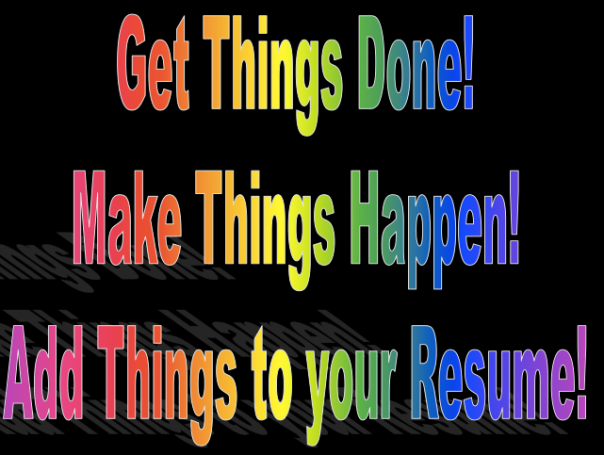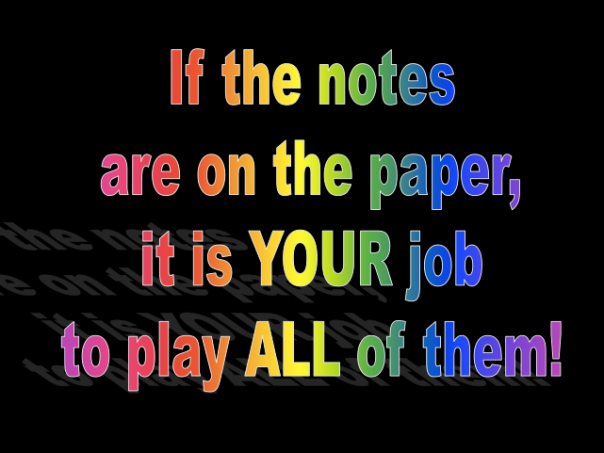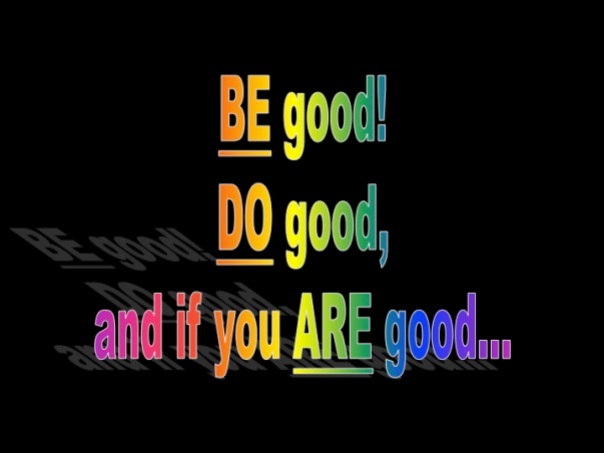DEI vs Meritocracy
Civil Rights ===> Affirmative Action ===> DEI vs Meritocracy
There were injustices, such as Segregation among other things, that needed to change. The Civil Rights movement introduced well-meaning programs and policies such as Affirmative Action (AA), which was to help minorities, females, the disabled and others.
All positive.
Bussing for School Integration was also a good thing in many respects. For equality at the college level, Quotas became popular. According to the US Department of Labor, AA was mostly about numbers. Now mostly ended, the Supreme Court struck down AA as a tool for college admissions because, among other things, AA was discriminating against qualified whites and Asians (mostly) to satisfy quotas without regard to merit.
The current emphasis pits DEI (Diversity, Equity and Inclusion) against merit-based Meritocracy.
According to an article from Harvard Business School,
- Diversity: The presence and participation of individuals with varying backgrounds and perspectives, including those who have been traditionally underrepresented
- Gender
- Race
- Age
- Sexual orientation
- Equity: Equal access to opportunities and fair, just, and impartial treatment
- Equal opportunities
- Fair compensation
- Balanced training and educational opportunities
- Inclusion: A sense of belonging in an environment where all feel welcomed, accepted, and respected
The opposite of DEI seems to be Meritocracy (is that like Aristocracy??). The Cambridge Dictionary defines Meritocracy as
“a socialsystem, society, or organization in which people get success or power because of their abilities, not because of their money or social position”,
In an article entitled, “Equity Before Meritocracy: Why We Must Create Opportunities Before Rewarding Accomplishments”, Forbes says, “The problem is that meritocracy without equity often results in only rewarding those who are already set up for success and have adequate tools, resources and support. We need to change this.”
I disagree.
In a February 26, 2024 article, “DEI Could Get You Killed In The Operating Room”, Ben Shapiro claims that,
“DEI is a gun pointed directly at the heart of the meritocracy”.

DEI (Diversity, Equity, and Inclusion) sounds great. Diversity IS a good thing. Equity (feeling of belonging) IS a good thing. And, of course, we want Inclusion vs Exclusion. All components of DEI sound (and are) good, until they are used to inflict the bias they are supposed to end.
I am completely in favor of meritocracy, i.e. “merit” based vs anything else; race, gender, ethnicity, financial….).
My mother, a polio survivor raising 5 kids as a single mom and no car, never utilized government assistance based on her handicap or income. She did use a ‘handicapped’ placard in her car. Her graduating class voted her “most athletic” because she did not let her handicap hold her back. I learned from my mama.
My band director pulled me aside freshman year when he understood I wanted to be a band director. His advice went something like this,
“If you want to be a band director, you’re going to have to go to college. You’re intelligent, but you’re not going to get academic scholarships. You’re not athletic. You ARE decent on that clarinet…. so I want to tell you that your best chance of getting to college to become a band director will be to use these next four years to become good enough on that clarinet that colleges will pay you to come.”
I did. They did. That was meritocracy.
When I needed a new clarinet, my Dad said, “You raise the first 50% of the cost of that new clarinet, and I’ll pay the rest.” I don’t consider that welfare. It was assistance, but the goal required work and commitment. The music store would not give me that clarinet so I could experience equity and inclusion.
My high school clarinet teacher, who I couldn’t afford, made a deal with me that allowed me to do yard work for him in return for lessons. He said he would provide me those 1-1 clarinet lessons….
“until the day you show up here unprepared.”
That deal had nothing to do with DEI, it was all about merit.
I did get some financial aid for summer camps and college, offered because they wanted me.
I’m okay with programs that help everyone have a chance. I experienced poverty.
My “Tenth District” Elementary School (two blocks from the city line opposite downtown) was 100% white while “Third District” (Downtown) was nearly all non-white. Because there was only one high school in the city, diversity was automatic.
I am in favor of helping those with genuine need or who are disadvantaged in a real way. I’m in the “help-those-who-are-willing-to-work-to-help-themselves” camp.
But when it comes to getting the job or the position, I favor merit-based decisions. The world works on meritocracy.
Professional athletes aren’t chosen to satisfy a quota — if you’re good enough, you can earn the spot. Also, professional musicians (especially in orchestral settings) are chosen by audition and the best person gets the job.
A recent podcaster interviewed a DEI advocate for pilots who was pushing a “from the tarmac to the cockpit” program. I watch (too many) video shorts of plane take-offs and landings….many with all female and/or ethnic crews from around the world. Recently I watched an Arab airline with a hijab-wearing female working with a male co-pilot. I would like to think that each of them studied and earned their way. Would you want your pilot to be a DEI (‘Affirmative Action’ is out of style now) or “from the tarmac to the cockpit” placement?
Show me a MLB, NBA, or NFL team put together with DEI and, if I gambled, I’d bet against them.
It gets trickier in business where historical biases can harm or prevent merit-based success. Yes. Fix that….. but not by quotas, AA, or DEI.
DEI vs Meritocracy Read More »

 The new Science Building (which also housed the gymnasium and the band room) had been opened only a couple years earlier. It had a new type of light switch throughout — that required a key, but would also work with a properly inserted fingernail file.
The new Science Building (which also housed the gymnasium and the band room) had been opened only a couple years earlier. It had a new type of light switch throughout — that required a key, but would also work with a properly inserted fingernail file. 











